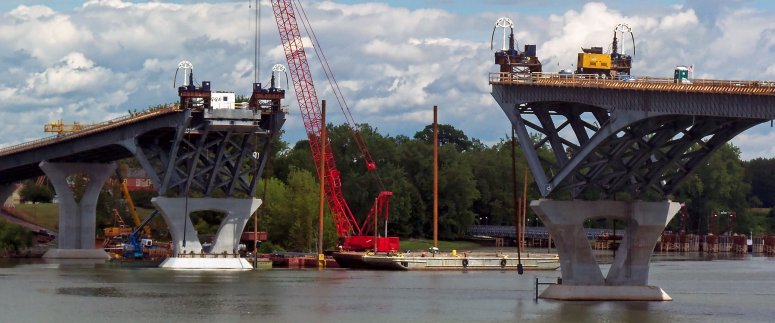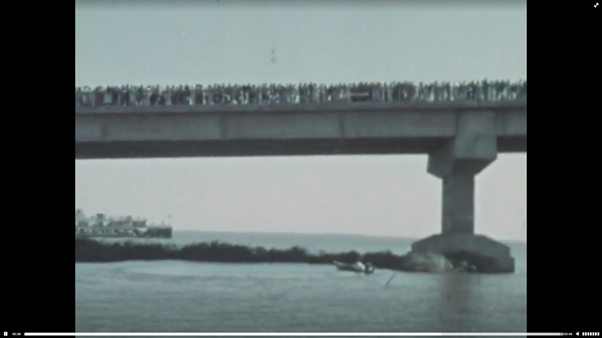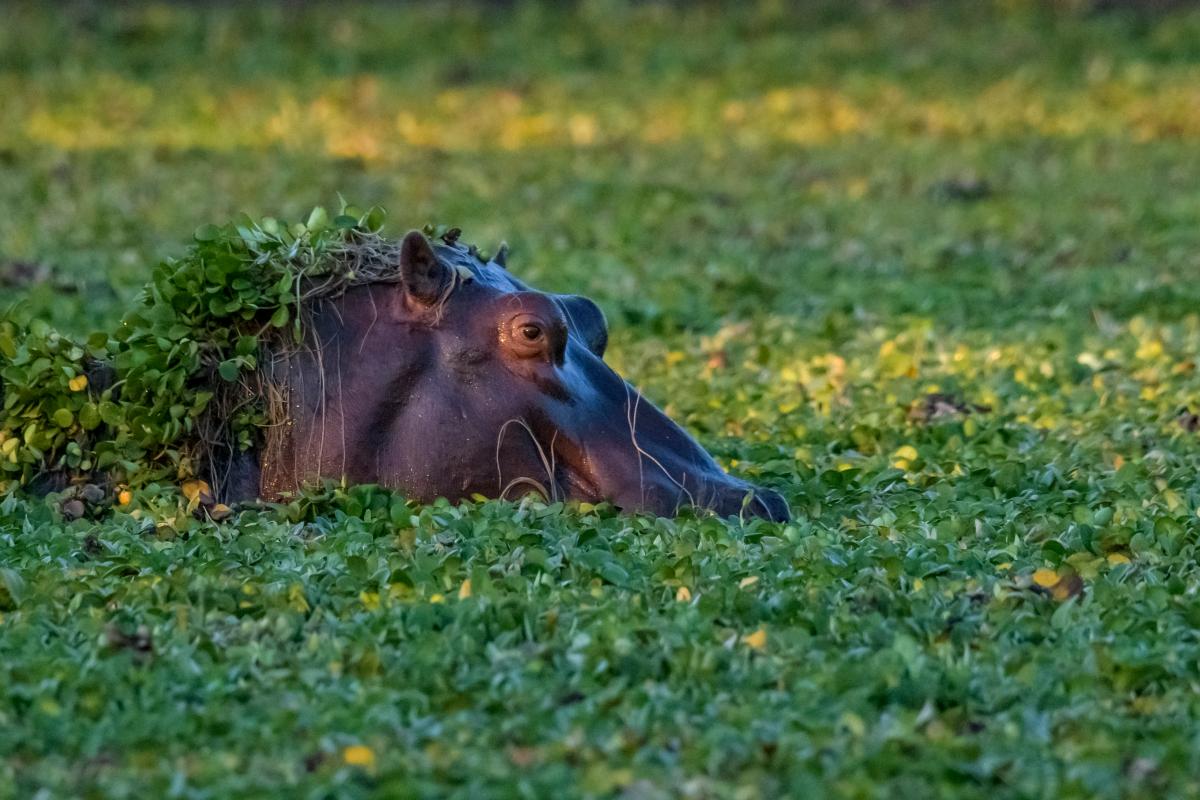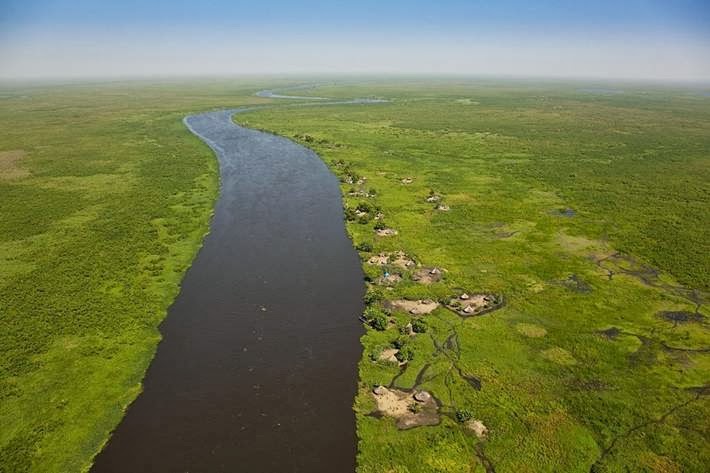OUR VISION IS TO BUILD CROSSING | OPENING BRIDGES IN KOO | G.U.N







Keep In Mind This!
Why the (American – European) foreign agencies spent hundreds of millions of US dollars in Bahr el Ghazal (e.g., Gongrial Project funded by the European Union (EU) and in Greater Equatoria e.g., over $200m USD spent on road project from Juba to Uganda funded by the USAID and over $100m USD spent on the Juba bridge funded by the Japanese and not a single project was funded by all those donors anywhere in Greater Upper Nile? If all these donors were, to be honest, if everybody were, to be honest, then they would know that the liberation war that caused more than 2 million lives and countless damaged and destructions of properties and wildlife was fought and confined only to the Greater Upper Nile for the first fifteen years before it spread to other areas beyond Greater Upper Nile. The war was confined and concentrated in Greater Upper Nile for several reasons, chief of which is the sheer fact that all the multinational oil companies and the Jonglei Canal companies were all operated in the Nuer mainland in Greater Upper Nile. The governments under President Nimeiry (1969-1985, then Swar al-Dahab (1985-1986), then Ahmed al-Mirghani, then the elected Prime Minister Sadiq al Mahdi (1986-1989) then-President Bashir (1989-2020) – all governments under the leadership of these guys had tried their best to defeat the rebels in the name of protecting the civilian population, the national interest, the Chevron oil exploration, Jonglei Canal companies, and multinational companies’ operations. The rebels came from the Eastern Nuer border with Ethiopia where they had their military training in Beilfam, outskirt of Itang, Bonga, Gora, Mato, Jimma, Malta, Agora, and outside of military garrison in the second biggest city in Ethiopia, Jima and the government troops operations concentrated in the regions near the said border to prevent the influx of the rebels coming into the Sudan territory. For the rebels, it was militarily strategic and different reasons mainly because those over 30,000 rebels who fought the government troops were mainly Nuer. Even though their leaders were not Nuer. They concentrated their operations in Greater Upper Nile because they relied on the Nuer population for feeding and other supports. The rebel’s operations forced the Jonglei Canal which was controversial from the start to the end because it was a canal project that started to divert water through the vast Sudd wetlands of South Sudan so as to deliver more water downstream to most dried land in North Sudan then up to Egypt for use in agriculture, then, Chevron, and other multinationals companies to ground their operations to a halt which had a severe consequence for the regions’ economics and governments. The rebels also hoped to advance their operations toward the North: to reach Kosti, Mandani, Khartoum, and so forth which they never did, for the simple fact that the governments outsourced the rebels as their resources were no match to the rebel’s resources. So, 80% of the war casualties included those over 2 million lives who were lost in the first fifteen years of the civil war were Nuer. If you were to doubt the credibility and the evidence of this testimonial, then, you do not even need the skilled archaeological surveys and highly selective excavation to find evidence for those who fought and were killed in this war. The evidence tells you that Southern Sudan was decentralized into three regions, namely, Greater Equatoria, Bahr el Ghazal, and Greater Upper Nile. Apart from the Greater Upper Nile, which we all know have paid heavy pride because of the civil war that was fought and confined in their regions. Did you name a single border’s post, district, town, or city in either Equatoria or Bhar el Ghazal which was attacked multiples times and captured by the rebels and then recaptured by the government troops or exchanged hands between the rebels and the governments’ troops in the first fifteen years of the civil war? Just named one place that had severely suffered the consequences of the civil war more than any place in Greater Upper Nile? If you do not challenge this evidence, then you will not challenge the fact that the first income that sustained the governments is the oil revenue which also comes from Nuer land – Unity State and other places in Greater Upper Nile. So, why fifteen years after cessation there is not a single school, hospital, business, or institution functioning in Greater Upper Nile? And why would you not fund the road and bridge projects which connected the Western Bank and Eastern Bank of River Nile and opened a corridor toward Ethiopia as you did to Uganda? Even though Museveni had never involved and helped in the liberation of the South, they caused so much damage to the population of the regions by interfered in their internal affairs after the independence. This hinders any sort of reparation to the people who severed the liberation wars or any sort of development in the regions.
Juba Bridge some 3000 miles away from Koo | G.U.N



Come on In!
Weekdays
08PM -12AM
Weekends
12 PM – 02 AM
Contact
Phone
+ 44 (0) 2045119720
Mobile: +44 (0) 7538096688
Address
London SE15 6JD UK
